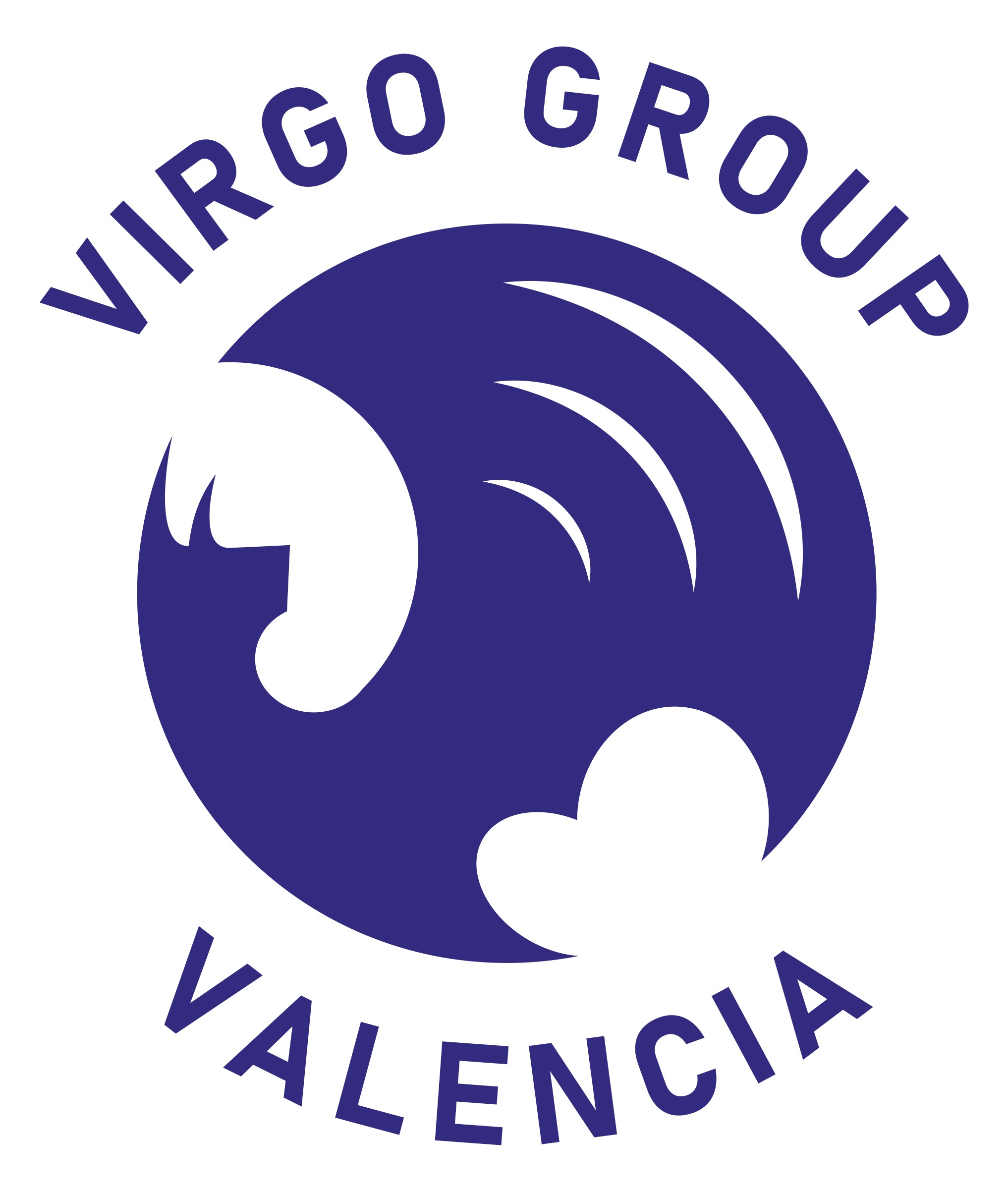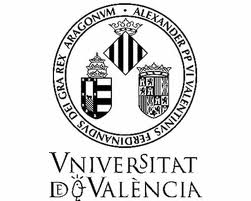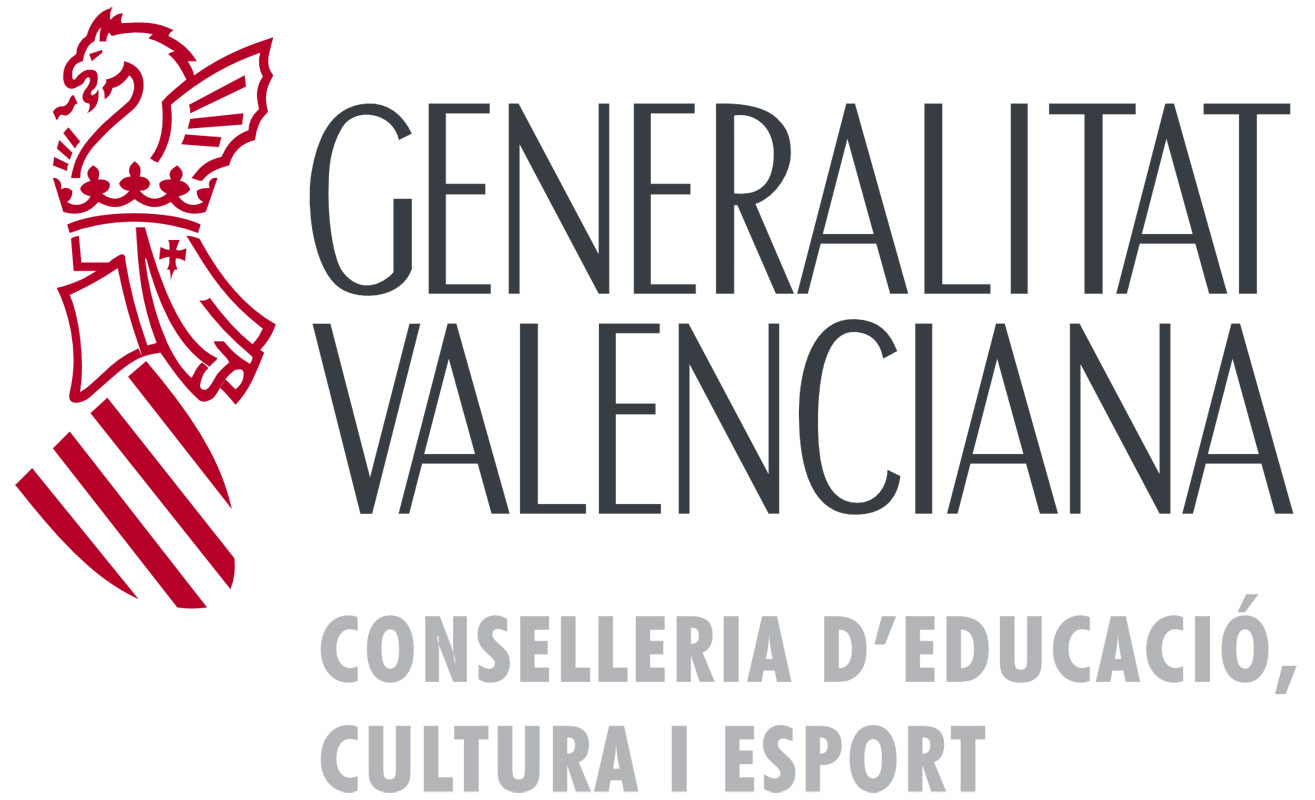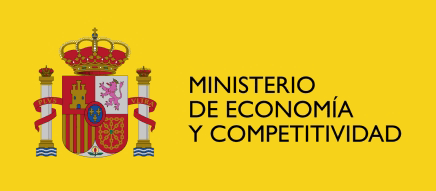 About us
About us
In our group we have expertise in relativistic astrophysics, applied mathematics, theoretical physics, computing, data analysis and signal processing. In particular we have many years experience in numerical simulations of astrophysical sources of gravitational radiation. Using numerical relativity simulations we have generated waveform templates for isolated rotating neutron stars, binary neutron stars, rotational supernovae core collapse, collapsars (long GRBs), and accreting black holes. The group is currently involved in data analysis with Total-Variation (TV) techniques for gravitational wave (GW) denoising and waveform reconstruction. TV algorithms, originally developed in the context of image processing, do not need any a priori information about the signals. In close collaboration with EGO researcher Elena Cuoco, members of the group participate in an ongoing collaboration with researchers from both Virgo and LIGO in the topic of detector characterization, applying identification and classification methods for noise transients (glitches) in advanced GW detectors. Members of the group have broad interest in parameter estimation.The Valencia Virgo group contributes to Virgo in the following topics:
- Data analysis:
- Apply TV (Rudin-Osher-Fatemi) algorithms to denoise the actual Virgo data. See an example here.
- Combine TV algorithms with spectrograms and other common (Bayesian) data analysis techniques to improve the chances of detection in low SNR scenarios.
- Incorporation of information about sources into TV algorithms through the use of signal dictionaries from numerical relativity waveform catalogues and known glitches, and through the implementation of machine learning algorithms to improve the purely denoising results.
- Detector characterization:
- Apply Wavelet Detection Filter (WDF) + Machine Learning algorithms for an automatic prompt characterization of instrumental and environmental noise transients (glitches) in upcoming science runs of advanced detectors (initiated in VIR-0402A-15 for ER6 and ER7 aLIGO data).
- Develop TV + dictionary learning algorithms for identification and classification of glitches in upcoming science runs. Comparison with PCAT, LALInferenceBurst and WDF+ML algorithms.
- Generation of waveform templates:
- Apply numerical relativity techniques to build gravitational wave templates for various astrophysical systems, namely black hole-forming core collapses (collapsars as progenitors of long GRBs) and compact binaries (neutron stars, boson stars, Proca stars and hairy black holes; elucidate if observed signals, e.g. GW150914, are consistent with alternative scenarios). This effort will produce new codes to be embedded in the Virgo library analysis.
- Parameter estimation:
- Contribute to the development of parameter estimation methods for gravitational waveform signals from simulated data and real data.
- Outreach:
- Outreach of the Virgo Collaboration in Spanish.




